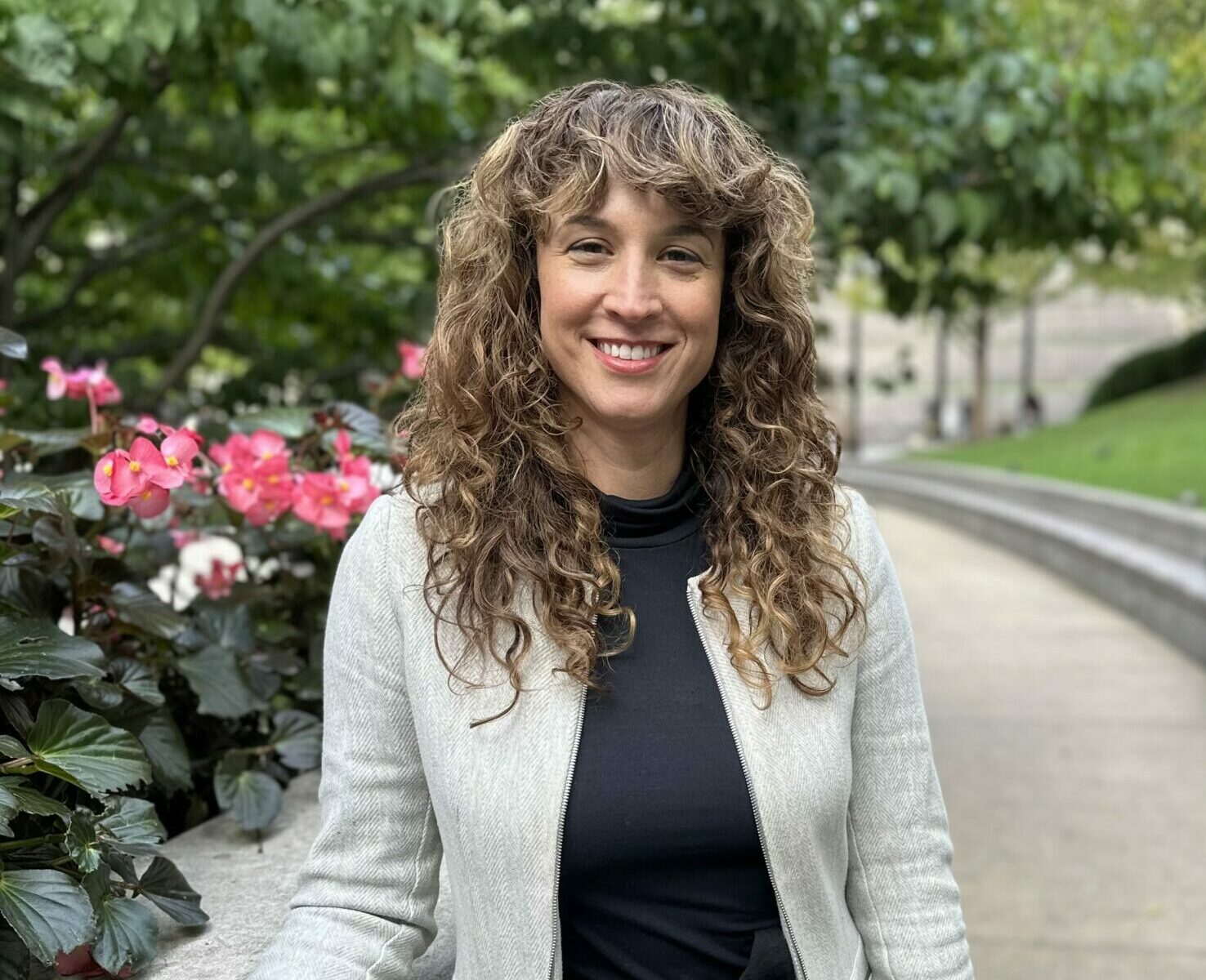Manure pit at a factory farm
August 22, 2023
EPA’s Disappointing Delay in Addressing Factory Farm Pollution
EPA needs to recognize, through real policy changes, that CAFOs are engaging in waste disposal, not crop fertilization.
On August 15, US EPA denied two petitions from environmental groups asking the agency to step up and do more to control pollution from concentrated animal feeding operations (CAFOs). EPA said it would convene a subcommittee to further study the problem.
“In sum, EPA’s current approach to CAFO permitting exposes millions of people to harm, in violation of the CWA and executive orders aimed at advancing environmental justice.” – October 2022 petition
EPA’s decision to kick the can down the road virtually guarantees that no changes will be made during the current Biden administration, since the subcommittee will not convene until 2024 and will meet over 12-18 months. While the US EPA’s response is frustrating, we look forward to working with EPA in this process going forward. This also highlights how important local and state-level advocacy––of the type that ELPC does every day––will remain going forward.
The Petitions
- The first petition was filed in 2017 and the petitioners, led by Food and Water Watch, had to file a lawsuit in 2022 just to get the agency to respond to it. This week’s response – 6 years in the making – brings us no closer to fulfilling the Clean Water Act’s promise of restoring and maintaining the integrity of the nation’s waters. The 2017 petition included numerous specific recommendations for actions that EPA could take, all of which are well within EPA’s legal authority. EPA rejected every single one.
- The second petition was filed in October 2022 by a nationwide coalition of over 50 citizen and environmental groups, including ELPC and Earthjustice. This petition was supported by extensive scientific research establishing the link between uncontrolled CAFO pollution and harm to humans, animals, as well as the environment. The groups asked the EPA to adopt a rebuttable presumption that CAFOs engaging in certain practices are discharging pollution and therefore must apply for Clean Water Act permits, referred to as NPDES permits. EPA rejected that request as well.
“A USDA study shows that the majority of Large CAFOs generate more manure nutrients than they can feasibly apply to fields at USDA-recommended rates meant to prevent discharges of water pollution.” – October 2022 petition
In both rejection letters, EPA pointed to two things that it is planning to do instead of taking direct regulatory action: (1) finish its ongoing CAFO-related effluent guidelines study, and (2) convene a federal advisory subcommittee. EPA states that these processes will “enable the Agency to make an informed, reasoned decision as to how best to address the valid concerns raised in the petition.”
We remain hopeful that EPA makes good on these promises. EPA needs to recognize, through real policy changes, that CAFOs are engaging in waste disposal, not crop fertilization. In the meantime, ELPC will continue to work on a state-by-state basis to hold regulators and polluters accountable.
ELPC’s Clean Water Work
Here’s what ELPC is doing to protect the Great Lakes from industrial animal production pollution:
- Ohio – ELPC and the Lucas County Board of Commissioners prevailed in a lawsuit that forced Ohio to get serious about Lake Erie harmful algal blooms (HABs) and develop a Total Maximum Daily Load (TMDL) – effectively a clean-up plan for the lake.
- When Ohio EPA put out an insufficient TMDL, ELPC filed extensive comments explaining why the plan failed as a legal matter and wouldn’t clean up the lake.
- Now, we are urging US EPA to reject Ohio’s faulty TMDL. The HAB bloom is already worse than predicted, and not for the first time (2022, 2021). Since Ohio EPA won’t do its job, EPA needs to step up and make them.
- Michigan – ELPC represented itself and other citizen and environmental groups in a contested case hearing to defend the 2020 General CAFO permit issued by the Michigan’s Department of Environment, Great Lakes and Energy (EGLE). Ag industry groups challenged the permit as too stringent; ELPC and its client intervened to argue that the permit is not protective enough.
- On behalf of the same set of groups, ELPC filed a “friend of the court” brief asking the Michigan Supreme Court to reverse a state appellate court ruling that wrongly locks into place a failing Clean Water Act permit for industrial livestock operations that are polluting Michigan’s waters with E. coli and contributing to toxic algal blooms.
- ELPC has been participating in stakeholder meetings with EGLE as well as the Michigan Department of Agriculture and Rural Development (MDARD), holding the agencies accountable for their part in protecting against agricultural pollution, including tracking TMDLs and enforcement.
- Iowa – ELPC along with the Iowa Environmental Council (IEC) and Environmental Law & Policy Center (ELPC) published “Animal Feeding Operations in Iowa’s Floodplain: A Risk to Iowa’s Waters,” a report that details animal feeding operation (AFO) construction and expansion in Iowa’s 100-year floodplain.
- ELPC and IEC filed a petition for rulemaking with Iowa’s Environmental Protection Commission to protect drinking water, groundwater, and karst terrain from pollution.
- ELPC, along with IEC and others said in a joint statement that the Iowa Department of Natural Resources’ proposed changes to rules governing the state’s CAFOs are inadequate.
- Wisconsin – ELPC is closely monitoring and tracking state regulatory actions, including individual CAFO permit renewals, TMDL development, and rulemaking changes.
- Nationally – In collaboration with the Clean Water for All Coalition, ELPC is advocating common sense changes to the Farm Bill to protect the nation’s water from agricultural pollution.


